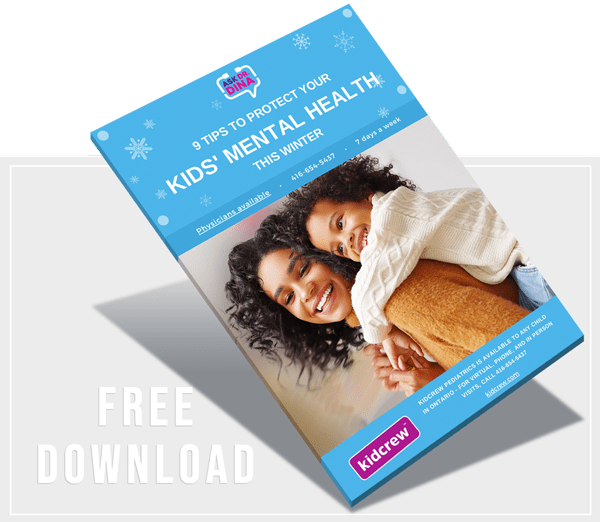“An Apple a day”
The saying “an apple a day keeps the doctor away” originates from the 19th century. Apples contain many essential compounds for health and disease prevention, including fiber, vitamins, minerals, and antioxidants.
It is not just the meat of the apple that is important to eat.
The peel also contains important polyphenol compounds.
In a 2010 study from the Journal of Pharmacology, researchers demonstrated that apple peel polyphenol extract (APPE) can protect the cells found in our colon and rectum from the potentially toxic compounds in common anti-inflammatory medications. APPE defended against damage-inducing oxidative compounds and free radicals.
Studies continue to support “an apple a day!”
Another study from 2010 demonstrated that APPE might help treat and prevent H. pylori infection (a leading cause of gastric ulcers). The Journal of Agricultural Food Chemistry research showed that at doses of 150 and 300 mg/kg/day, APPE had an anti-inflammatory effect on the stomach and prevented H. pylori from attaching to the stomach lining. A study from the same journal in the same year showed that apple polyphenols prevented liver damage in mice.
Staphylococcal enterotoxin A is a common bacterial cause of inflammation in the gastrointestinal tract. One study showed that apple juice enriched with APPE was able to bind to the enterotoxin and, therefore, inactivate it.
Safety is the primary concern
Safety is always the primary concern with medications, including nutritional supplements. The Journal of Oleo Science recently published a study looking into the safety of APPE consumption. The study participants were given either a dose of 340g/day apple polyphenols for 12 weeks or 1020g/day apple polyphenols for four weeks.
They noted that there were no side effects in either group. Interestingly the researchers found that the APPE resulted in a significant decrease of visceral fat in participants who had above normal fat levels at the start of the study.
I like studies that look at typical behaviors of food consumption.
A study published in 2010 looked at the effect of whole apple consumption on the risk of colorectal cancer. The study in the European Journal of Cancer Prevention demonstrated that there was more than a 30% decrease in the risk of developing colorectal cancer at just one apple per day.
With a consumption of more than one apple per day, there was a 50% decrease in the risk of developing colorectal cancer.
The researchers think that the polyphenols and flavonoids may prevent cancer from forming by inhibiting cancer cell proliferation.
It certainly seems like the old proverb of eating an apple a day rings true. Therefore, my prescription is to enjoy an apple or two a day and eat that peel too!
Download this free resource – 9 Tips To Help Protect Your Kids’ Mental Health
Dr. Shawn Meirovici N.D. is a graduate of the Canadian College of Naturopathic Medicine and is a member of the Pediatric Association of Naturopathic Physicians. He has over 8 years of clinical experience with a focus in Neurological Conditions, Pain Management, Cancer, and Pediatrics.












